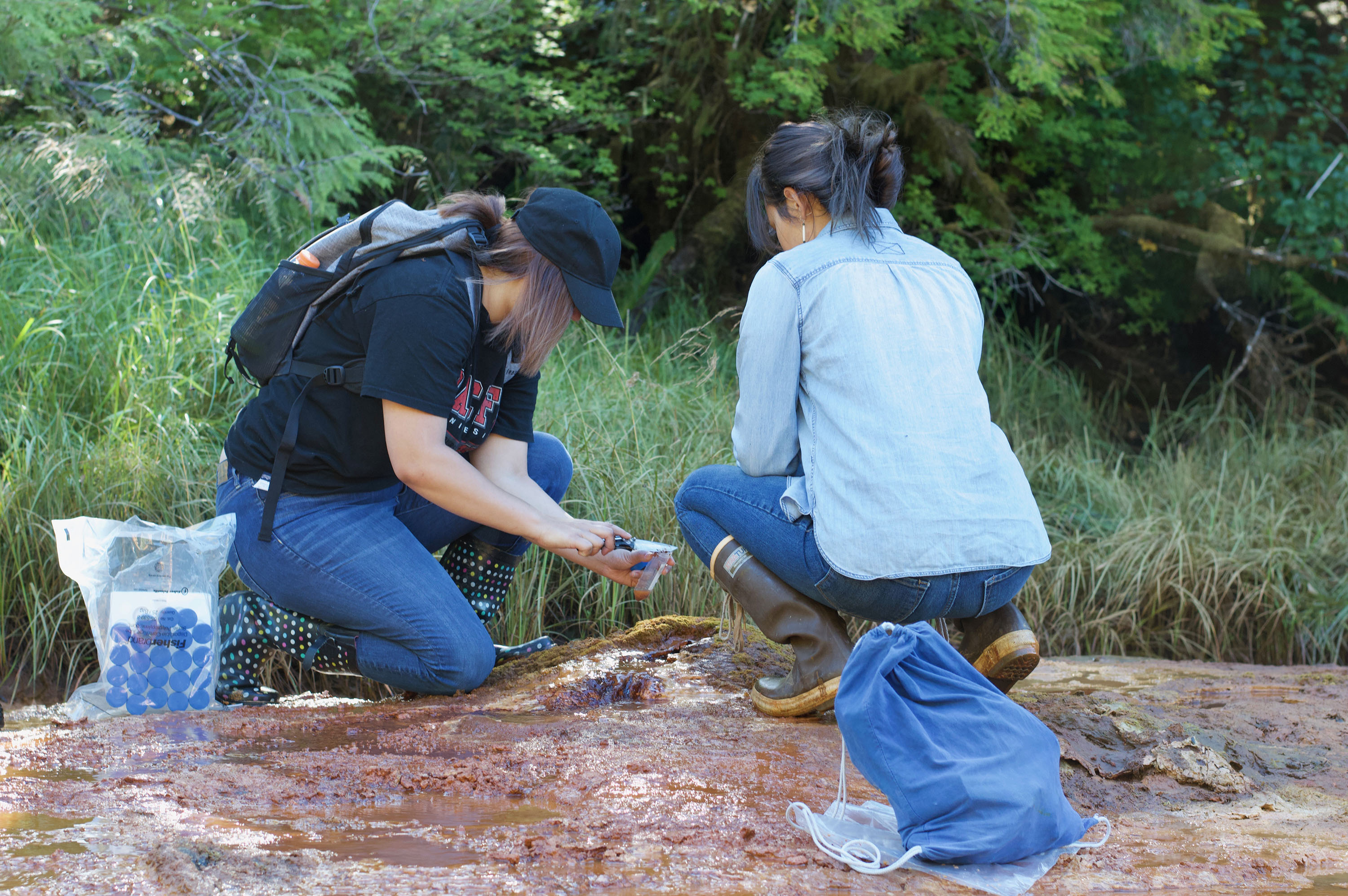The following information should be used as a tool for supporting the co-construction of a grant proposal with Tribal Nations and communities. The checklist focuses on tangible ways to center reciprocity in the research process.
Who are the members of the grant leadership team?
It is critical for community voice to be present throughout the project. A simple way to ensure community input is to have a community representative serve as a CoPI on a proposal. Having community representation on the leadership team will ensure the research remains reciprocal, and enhances community buy-in for the project.
How is the budget structured to ensure reciprocity?

Ensure there are equitable funds for community representatives to participate in project leadership meetings and professional meetings (e.g., budget for travel funds, conference proceedings, flights, vehicle rental, per diem, mileage).
Hold meetings or gatherings within the community.
Provide attendees with meals when meetings occur over several hours or during meal times.
Hire Native and community owned businesses (e.g., caterers, artists, venues, hotels, equipment rentals).
Ask community members for recommendations if you aren’t sure who to hire.
Compensate time, labor and expertise of community members supporting the project through employment, a soft-money funded appointment, honorarium or hourly consulting rate. Compensation by a traditional, Indigenous made gift (e.g., wild rice, maple syrup, maple sugar, other handmade or harvested items) or Indigenous art (e.g., black ash basket, beadwork, wool blanket) may be more appropriate in circumstances where the expertise covers traditional or community knowledge.
How will findings be disseminated to the community?
Ask the community how to make research products relevant to their needs.
Commit budgetary funds for the development of research products specific to the community (e.g., videos, curriculum, handouts, informational posters, brochures and other related materials.).
Present work at National and local conferences that are specific to Indigenous issues and tribal governance.
Are the letters of collaboration from appropriate stakeholders?
Letters of Collaboration should come from people elected or appointed to represent the community. These letters should always come with tribal council support on letterhead. For example, if you are provided a letter from a department director, they will be able to follow through appropriate channels to gain permission to provide the letter. If you are unclear about the letter of support process, it is important to ask and not make assumptions.

